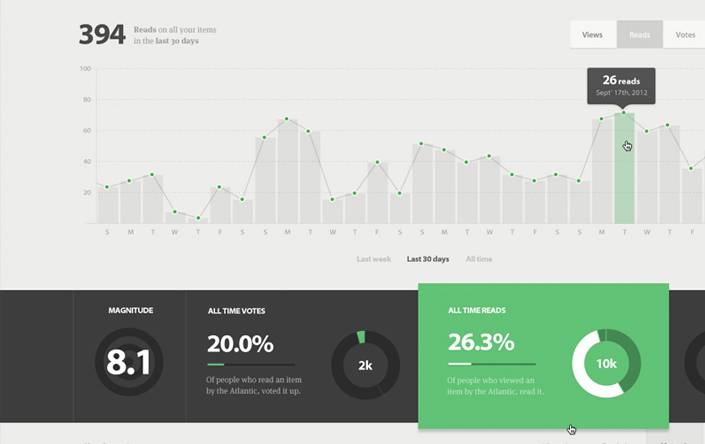Search Engine Optimisation or SEO can help your webpage to gain traffic, generate leads and can improve your conversion optimisation rate.
The only problem is that it can sometimes be a bit of a mystery to figure out. Rules are constantly changing and Google is constantly updating their algorithms with not much information as to what they are including or not including.
With so many changes it can be hard to know when particular tactics are no longer working, have simply become outdated or even worse, are detrimental to your web page.
Never fear however, as we have the top 5 outdated SEO tactics to avoid and what you can do instead to ensure that your website uses the best practices:
1. Keywords
In early SEO days, it was all about taking a keyword or a short phrase with a high search volume and stuffing that phrase into as much of your content as possible. The idea was that the more keywords your content had, the more visible it would be in search results and the more traffic would come to your site.
Unfortunately however, it doesn’t work like that anymore. Search engines like Google have become a lot smarter when it comes to what content they choose to showcase and in fact they penalise websites for keyword stuffing and favour websites that offer value instead.
While keywords are still important, it is no longer good enough to artificially stuff them into your content. Now, it is more important to offer value and information to your readers so they can actually find what it is they are looking for.
Once you have generated some quality content you can then think about what keywords would fit, rather than doing it the other way around.
2. Bulk Link Building
Back when the internet was the wild wild west, building links on directory sites and other link networks was a common practice to get your site high up on the search ranks.
Nowadays however, bulk link building is definitely one of those things that can get your website in trouble from search engines like Google. If your website has bulk links on directories and other such networks, it could be flagged as spam and could harm your page rank.
Instead of building artificial links, work on building genuine ones. These can be built by writing guest posts on reputable sites that have a large following.
3. Ignoring Social Media
Google has denied that social signals from Facebook and Twitter are including in their algorithm however, there are many indirect ways that you can benefit from having your content on social media.
Firstly, if your webpage or blog goes viral on a social site it can help to build more direct links and therefore increase your chances of a higher search ranking.
Facebook and Twitter themselves are also high up on search results, so that indirectly helps your social pages to also rank higher and makes it easier for consumers to find your page.
Google’s own Google+ also ranks high on their own search results, so that may be something to keep in mind if you are looking to improve your SEO.
4. Short Content
Long ago Google didn’t give a preference as to how long your content was as long as it was able to detect a keyword. Now however, having content of around 1500 words helps to rank higher in search results.
Research has found that while popular sites can get away with short content, unknown sites really need to provide value and detailed information in order to establish themselves as an authority.
The only exception to this rule is on mobile devices, as it appears that shorter content is given a preference over longer content pieces.
This is interesting to note as more and more people are using mobile devices to search the web and popular search engines like Google have also been thinking of new ways to implement mobile search results into their algorithm.
5. Spammy Guest Blogging
Earlier we mentioned that guest blogging was a great way to build genuine links, but before you start guest blogging on every site known to man, it may be worth noting that Google has some very strict rules about it.
Having guest blogs on sites that are designed solely for the creation of backlinks will instantly raise red flags and could get your site blacklisted.
A good example of this was MyGuesBlog.com. It was blatantly designed for backlinks and consequently was moved far, far, far down the list by Google.
If you are going to guest blog, choose the sites that you write on carefully and selectively. Aim for popular sites with reputable content and a strong social media following or high traffic. While content is still a great way to rank in search engines, value is the most important factor.
SEO is always changing but time and time again it seems that search engines like Google are giving preference to quality and how well your content and webpage satisfies the needs of readers. Keep that in mind when it comes to your website and chances are you will have the best SEO practices with very little effort.




Hey!
It looks like you're browsing in . Would you like to switch over to the website?